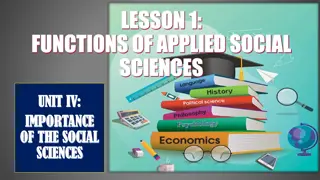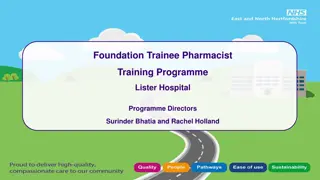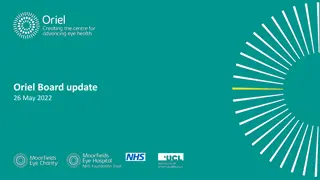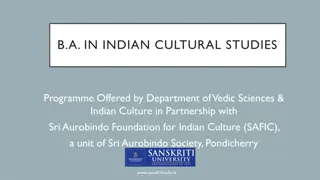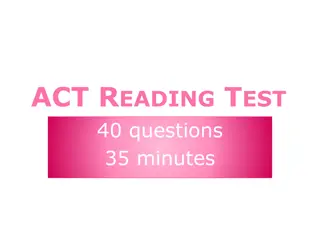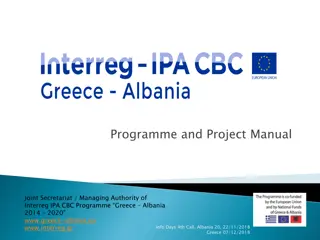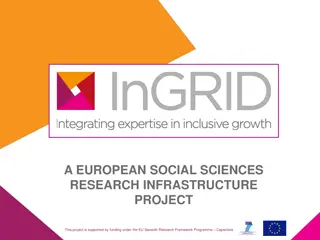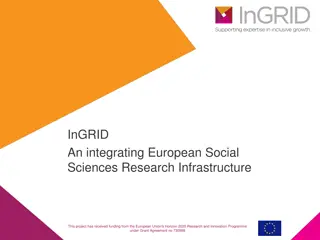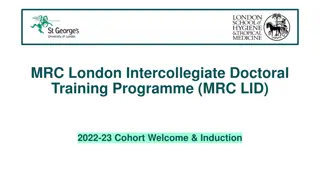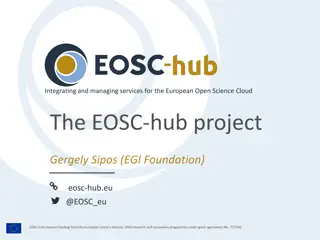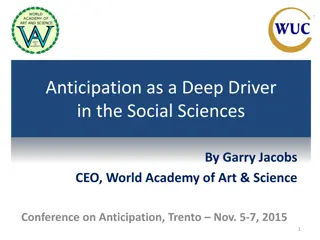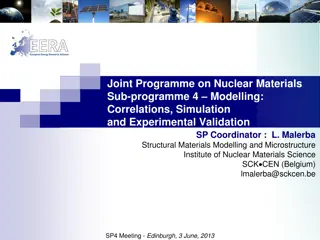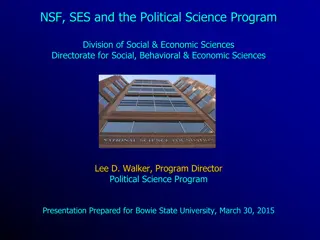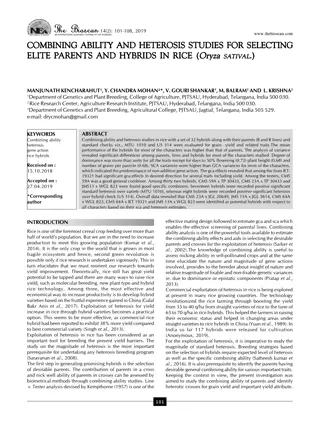Comprehensive Research Training Programme in Social Sciences
Delve into the Research Training Programme offered by the Graduate School of Social Sciences, led by Professor Mark Tranmer. Explore the importance of research methods training, course offerings under the Research Training Programme (RTP), the Certificate in Social Science Research Methods (CSSRM), and detailed modules on Research Design and Qualitative Methods. Gain insights into various research approaches, tools, and ethical considerations to enhance your research skills across different academic levels.
Download Presentation

Please find below an Image/Link to download the presentation.
The content on the website is provided AS IS for your information and personal use only. It may not be sold, licensed, or shared on other websites without obtaining consent from the author. Download presentation by click this link. If you encounter any issues during the download, it is possible that the publisher has removed the file from their server.
E N D
Presentation Transcript
The Research Training Programme of the Graduate School of Social Sciences Professor Mark Tranmer
Thinking about doing research . Reality .
Why bother with research methods training? Get to know your choices and when to choose which method. Appreciate the variety of tools available. Know the do s and don'ts. What is best-practice? Get an overall vantage point to understand how research is conducted. Helps to plan better. Get an awareness of what is good and what is poor research. Be more critical with research that you read. Obtain transferable skills that are desirable inside and outside academia.
The Research Training Programme (RTP) The RTP provides the joint methods courses across the College of Social Sciences. Coursetitle Semester Type Convenor Course Code ResearchDesign 1 Core Mark Tranmer SPS 5041 SPS 5042 URBAN 5127 + SPS 5033 Qualitative Methods Quantitative Data Analysis 1 Core Core Sonja Marzi David McArthur 1+2 Applied Qualitative Methods SocialTheory * Where possible, lectures and/or tutorials for these courses will be delivered in person, though some of these may be delivered online. 2 Optional Kristina Saunders SPS 5035 2 Optional Christopher Bunn SPS 5036 MRes students: three core courses + one optional course. MSc students: courses depend on yourprogramme. PhD students: all courses are optional; audit not possible.
Certificate in Social Science Research Methods (CSSRM) To qualify for the Certificate in Social Science Research Methods, students will normally need to have satisfied the programme attendance requirements and complete all forms of assessment for the following core courses: Research Design Qualitative Methods Course Quantitative Data Analysis
Research Design 1. Introduction and overview 2. Philosophy of social science research 3. The research process and overview of various research designs 4. Questions, literature and hypothesis 5. Concepts and measurement 6. Case Selection and comparative research Designs 7. Quantitative Approaches 8. Qualitative Approaches 9. Mixed-MethodsApproaches 10. Ethics and replication 11. Reporting, Writing-up and Publishing
Qualitative Methods 1. Qualitative Research Methods Overview 2. The Quality of Qualitative Research 3. Interviews and Focus Groups 4. Ethnography and Participant Observation 5. Online and Social Media Research 6. Collaborative Research and Arts-Based Approaches 7. Grounded Theory and Coding Frameworks 8. Archival Research and Using Documents in Analysis 9. Narrative Analysis 10. Phenomenology 11. The assignment & Case studies
Quantitative Data Analysis 1. From Theory to Data 2. Summary Statistics and Data Visualisation 3. Bivariate Associations I 4. Bivariate Associations II 5. Distributions 6. Probability and Sampling 7. Hypothesis Testing and Significance I 8. Hypothesis Testing and Significance II 9. The Linear Model I 10. The Linear Model II 11. Assumptions of the Linear Model
Social Theory 1. Introduction 2. Karl Marx 3. mile Durkheim 4. Max Weber 5. Erving Goffman 6. FeministTheory 7. The Frankfurt School 8. Michel Foucault 9. Postcolonial, Decolonial: Towards a Global Social Theory 10. Pierre Bourdieu
Applied Qualitative Methods 1. Reflexivity Informing Practice: Introduction &Discourse Analysis 2. Reflexivity Informing Practice: Emancipatory Approaches 3. Research Skills: Involving Non-Traditional Participants 4. Research Skills: Researching SensitiveIssues 5. Research Skills: Emotion as a Form of Data 6. Research Skills: Ethics of Space & Culture 7. Advanced Methods: Life & Oral Histories 8. Advanced Methods: ArchivalResearch 9. Advanced Methods: IntroducingNviVo 10.Reaching Beyond the Academy: Presenting Qualitative Data 11.Field visit to University archives. 10 / 9
Support Structure for the Courses Information about procedures: Research Training Handbook (available on the website of the Graduate School). For administrative questions (essay submission, deadlines, enrolment): RTP Secretary socpol-pgt-rm- courses@glasgow.ac.uk For questions related to a course: the respective course convener. For questions about the programme structure or problems the conveners cannot solve: Director of Postgraduate Research Training (Mark Tranmer). 11 / 9 Thank you for your attention!





